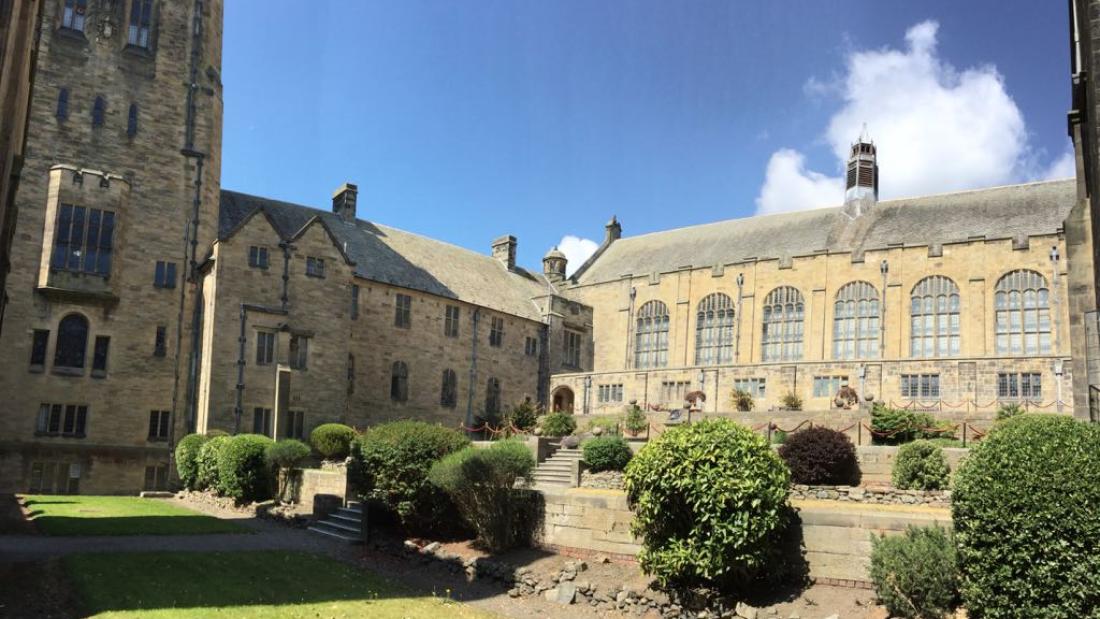From the first day of your degree course you will begin to learn the skills to develop as an economist. You will have access to excellent facilities resources and extensive information technology to support your learning journey.
Teaching is delivered through a combination of lectures workshops and seminars. You can expect to have a minimum of 12 hours contact time during each teaching week. You will also be expected to undertake independent study and group work and participate in online activities and discussions using our virtual learning environment.
In your first year you will learn the fundamental principles of economic theory as well as developing an overview of the different schools of thought. At the same time you will gain an understanding of the history of economic development across the globe. You will also start to build up your analytical and quantitative skills.
During your second year you will build a deeper understanding of microeconomics – how individuals and firms interact with each other in markets – and macroeconomics – the behaviour of the economy as a whole. You will develop your quantitative skills to be able to analyse the relationship between different economic variables within formal models. There will be scope in your second year for you to study more specialised areas of economics.
In your third year you will develop your knowledge skills and expertise to a more advanced level. You will learn more sophisticated econometric techniques and how to apply them to real-world economic problems using specialist software. You will also develop your understanding of economic theory in areas including strategic competition and global economic development and you will learn to apply this theory to explore contemporary economic issues.
As well as your specialism in economics there will be opportunities in each of your three years to study some optional modules from subject areas elsewhere in the University including for example modern languages or social policy. However if you prefer to focus on economics then there will be options for you to study more specialised topics such as public economics international trade labour economics or financial economics.
What will you study on this course?
In Year 1 students will take 80 credits from the following topics Business Analytics Economics and Financial Techniques and Analysis. Students will take 40 credits from optional modules in topics such as Digital Marketing Essentials Foundations of Marketing Introduction to Contemporary Management Issues in Ethics Sustainability HRM and Tourism Introduction to the employee life-cycle Marketing in Practice Personal Finance and Banking Principles of Financial Accounting Principles of Management Accounting Principles of Management and Organisation Professional Marketing Skills and Technology in Marketing. Students can also choose optional modules from other Business School level 4 modules or from elsewhere in the University subject to timetabling constraints.
In Year 2 students will take 80 credits from the following topics Econometrics Macroeconomics and Microeconomics. Students will take 40 credits from optional modules in topics such as The Economics of Tourism or other optional modules from the Business School level 5 modules or from elsewhere in the University subject to timetabling constraints and pre-requisites.
In Year 3 students will take 120 credits from the following such as Advanced Econometrics Applied Economics Financial Economics The Economy of Wales and Understanding the Global Economy. Students can also choose optional modules from other Business School level 6 modules or from elsewhere in the University subject to timetabling constraints and pre-requisites.
Please note course content is for guidance purposes only and may be subject to change.
Show less 